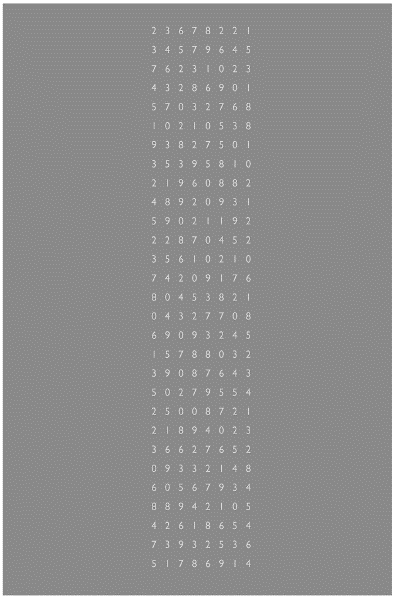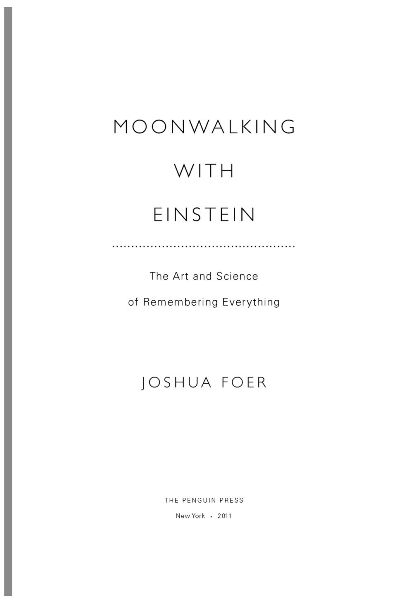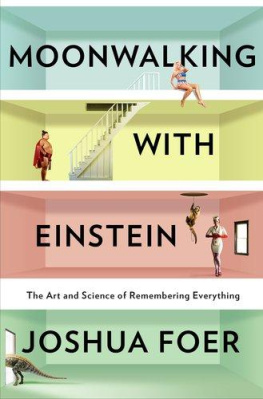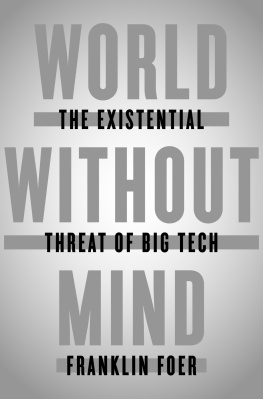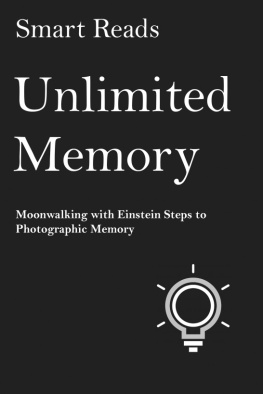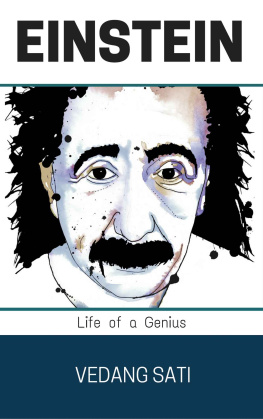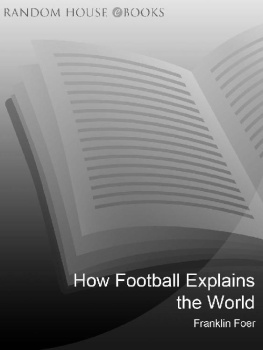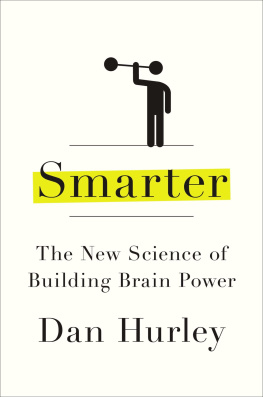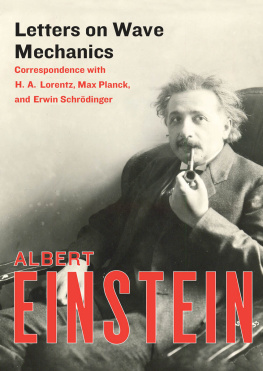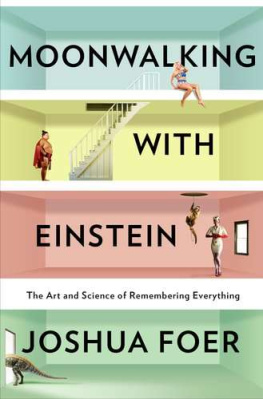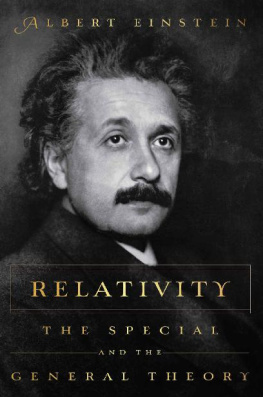Table of Contents
For Dinah: Everything.
There were no other survivors.
Family members arriving at the scene of the fifth-century-B.C. banquet hall catastrophe pawed at the debris for signs of their loved onesrings, sandals, anything that would allow them to identify their kin for proper burial.
Minutes earlier, the Greek poet Simonides of Ceos had stood to deliver an ode in celebration of Scopas, a Thessalian nobleman. As Simonides sat down, a messenger tapped him on the shoulder. Two young men on horseback were waiting outside, anxious to tell him something. He stood up again and walked out the door. At the very moment he crossed the threshold, the roof of the banquet hall collapsed in a thundering plume of marble shards and dust.
He stood now before a landscape of rubble and entombed bodies. The air, which had been filled with boisterous laughter moments before, was smoky and silent. Teams of rescuers set to work frantically digging through the collapsed building. The corpses they pulled out of the wreckage were mangled beyond recognition. No one could even say for sure who had been inside. One tragedy compounded another.
Then something remarkable happened that would change forever how people thought about their memories. Simonides sealed his senses to the chaos around him and reversed time in his mind. The piles of marble returned to pillars and the scattered frieze fragments reassembled in the air above. The stoneware scattered in the debris re-formed into bowls. The splinters of wood poking above the ruins once again became a table. Simonides caught a glimpse of each of the banquet guests at his seat, carrying on oblivious to the impending catastrophe. He saw Scopas laughing at the head of the table, a fellow poet sitting across from him sponging up the remnants of his meal with a piece of bread, a nobleman smirking. He turned to the window and saw the messengers approaching, as if with some important news.
Simonides opened his eyes. He took each of the hysterical relatives by the hand and, carefully stepping over the debris, guided them, one by one, to the spots in the rubble where their loved ones had been sitting.
At that moment, according to legend, the art of memory was born.
ONE
THE SMARTEST MAN IS HARD TO FIND
Dom DeLuise, celebrity fat man (and five of clubs), has been implicated in the following unseemly acts in my minds eye: He has hocked a fat globule of spittle (nine of clubs) on Albert Einsteins thick white mane (three of diamonds) and delivered a devastating karate kick (five of spades) to the groin of Pope Benedict XVI (six of diamonds). Michael Jackson (king of hearts) has engaged in behavior bizarre even for him. He has defecated (two of clubs) on a salmon burger (king of clubs) and captured his flatulence (queen of clubs) in a balloon (six of spades). Rhea Perlman, diminutive Cheers bartendress (and queen of spades), has been caught cavorting with the seven-foot-seven Sudanese basketball star Manute Bol (seven of clubs) in a highly explicit (and in this case, anatomically improbable) two-digit act of congress (three of clubs).
This tawdry tableau, which Im not proud to commit to the page, goes a long way toward explaining the unlikely spot I find myself in at the moment. Sitting to my left is Ram Kolli, an unshaven twenty-five-year-old business consultant from Richmond, Virginia, who is also the defending United States memory champion. To my right is the muzzle of a television camera from a national cable network. Spread out behind me, where I cant see them and they cant disturb me, are about a hundred spectators and a pair of TV commentators offering play-by-play analysis. One is a blow-dried veteran boxing announcer named Kenny Rice, whose gravelly, bedtime voice cant conceal the fact that he seems bewildered by this jamboree of nerds. The other is the Pel of U.S. memory sport, a bearded forty-three-year-old chemical engineer and four-time national champion from Fayetteville, North Carolina, named Scott Hagwood. In the corner of the room sits the object of my affection: a kitschy two-tiered trophy consisting of a silver hand with gold nail polish brandishing a royal flush, and, in a patriotic flourish, three bald eagles perched just below. Its nearly as tall as my two-year-old niece (and lighter than most of her stuffed animals).
The audience has been asked not to take any flash photographs and to maintain total silence. Not that Ram or I could possibly hear them. Both of us are wearing earplugs. Ive also got on a pair of industrialstrength earmuffs that look like they belong on an aircraft carrier deckhand (because in the heat of a memory competition, there is no such thing as deaf enough). My eyes are closed. On a table in front of me, lying facedown between my hands, are two shuffled decks of playing cards. In a moment, the chief arbiter will click a stopwatch and I will have five minutes to memorize the order of both decks.
The unlikely story of how I ended up in the finals of the U.S. Memory Championship, stock-still and sweating profusely, begins a year earlier on a snowy highway in central Pennsylvania. I had been driving from my home in Washington, D.C., to the Lehigh Valley to do an interview for Discover magazine with a theoretical physicist at Kutztown University, who had invented a vacuum chamber device that was supposed to pop the worlds largest popcorn. My route took me through York, Pennsylvania, home of the Weightlifting Hall of Fame and Museum. I thought that sounded like something I didnt want to die without having seen. And I had an hour to kill.
As it turned out, the Hall of Fame was little more than a sterile collection of old photographs and memorabilia displayed on the ground floor of the corporate offices of the nations largest barbell manufacturer. Museologically, it was crap. But its where I first saw a black-and-white photo of Joe The Mighty Atom Greenstein, a hulking five-foot-four Jewish-American strongman who had earned his nickname in the 1920s by performing such inspiring feats as biting quarters in half and lying on a bed of nails while a fourteen-man Dixieland band played on his chest. He once changed all four tires on a car without any tools. A caption next to the photo billed Greenstein as the strongest man in the world.
Staring at that photo, I thought it would be pretty interesting if the worlds strongest person ever got to meet the worlds smartest person. The Mighty Atom and Einstein, arms wrapped around each other: an epic juxtaposition of muscle and mind. A neat photo to hang above my desk, at least. I wondered if it had ever been taken. When I got home, I did a little Googling. The worlds strongest person was pretty easy to find: His name was Mariusz Pudzianowski. He lived in Biaa Rawska, Poland, and could deadlift 924 pounds (about thirty of my nieces).
The worlds smartest person, on the other hand, was not so easily identified. I typed in highest IQ, intelligence champion, smartest in the world. I learned that there was someone in New York City with an IQ of 228, and a chess player in Hungary who once played fifty-two simultaneous blindfolded games. There was an Indian woman who could calculate the twenty-third root of a two-hundred-digit number in her head in fifty seconds, and someone else who could solve a fourdimensional Rubiks cube, whatever that is. And of course there were plenty of more obvious Stephen Hawking types of candidates. Brains are notoriously trickier to quantify than brawn.

